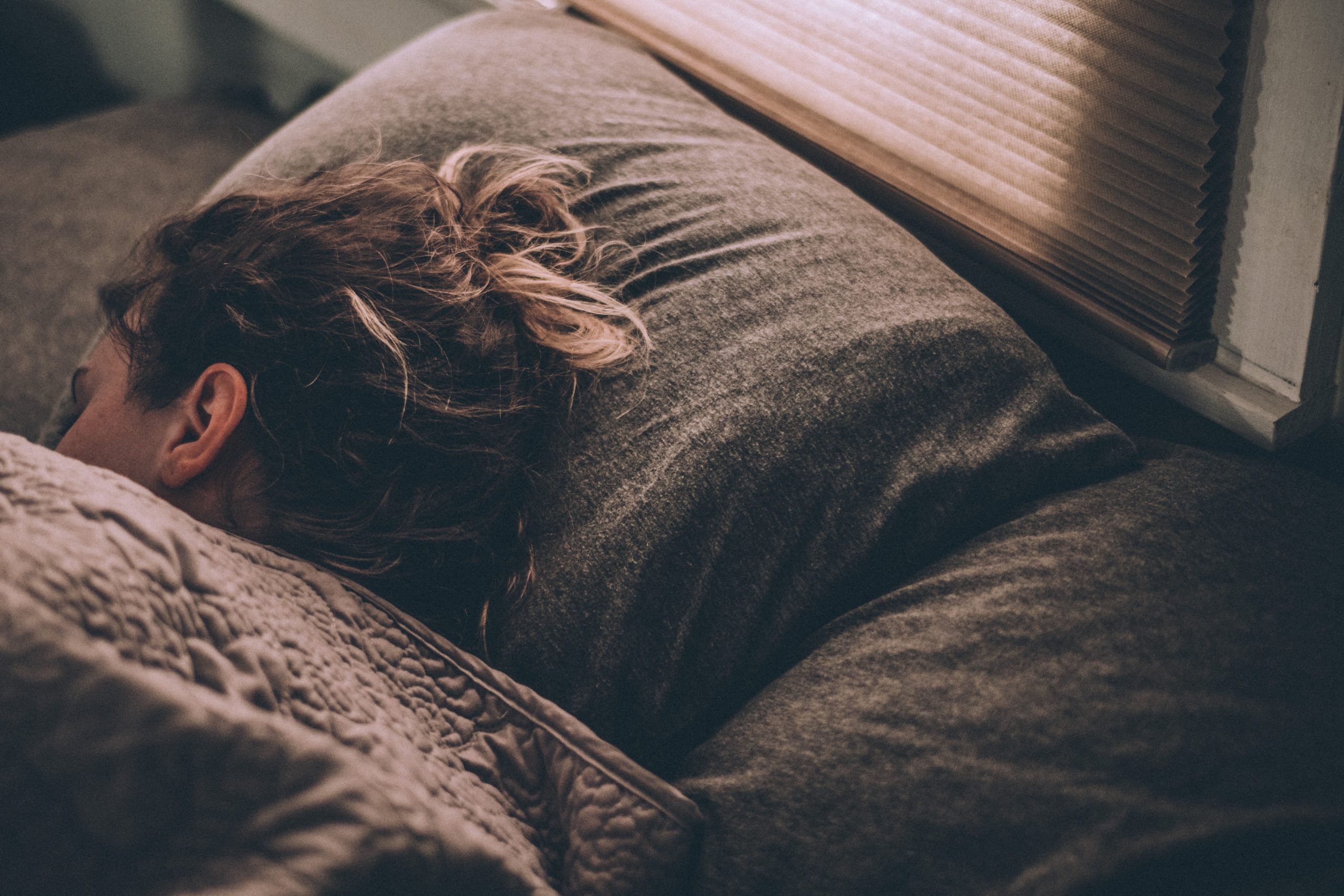I don’t know about you, but i could do with a little more sleep. The stress of the past few years, the body simply getting a little more stiff as each birthday passes. Whatever it is, sleep is like a superpower. Sleep actually has a massive impact on healing rates also. We see lots of people who are sleeping poorly, who simultaneously are healing at much slower rates……….no coincidence.
Sleep and Healing
Sleep is a vital component of our overall health and wellbeing, and it plays an essential role in our body’s ability to heal injuries. When we sleep, our bodies undergo numerous restorative processes that help repair and regenerate damaged tissues. However, many of us tend to overlook the importance of getting enough sleep, especially when it comes to injury recovery.
Lack of sleep can significantly impact the healing process of an injury, and here’s how:
1. Slows down tissue regeneration
Sleep is essential for the regeneration of cells and tissues in our body. It is during this period that our body releases growth hormones, which stimulate the repair and regeneration of damaged tissues. Lack of sleep can slow down this process, causing a delay in tissue regeneration and, as a result, prolonging the healing process.
2. Weakens the immune system
Sleep is critical for the proper functioning of the immune system. During sleep, the body produces cytokines, which are proteins that help fight off infections, inflammation, and stress. Without sufficient sleep, the production of these cytokines decreases, making our immune system less effective in warding off infections and slowing down the healing process.
3. Increases pain and inflammation
Sleep deprivation can increase inflammation in the body, which can make injuries more painful and prolong the healing process. Studies have shown that lack of sleep can increase the levels of inflammatory markers in the body, such as C-reactive protein and interleukin-6, which are associated with chronic inflammation.
4. Impairs cognitive function
Sleep deprivation can also impair cognitive function, making it difficult for the body to coordinate healing processes. A lack of sleep can cause memory problems, difficulty concentrating, and a decrease in overall mental clarity, making it difficult to stick to an injury recovery plan and slowing down the healing process.
5. Increases the risk of re-injury
A lack of sleep can also increase the risk of re-injury. Without proper rest and recovery, the body may not have enough time to repair damaged tissues and build the necessary strength to prevent further injury.
Getting enough sleep is crucial for injury recovery. It is essential to prioritize sleep during the recovery process, ensuring that the body has the time and resources it needs to heal properly. By getting enough sleep, we can boost our immune system, promote tissue regeneration, reduce inflammation and pain, and improve cognitive function, all of which can speed up the healing process and reduce the risk of re-injury.
As you can see sleep really is a superpower. Do yourself a huge favour- prioritise your sleep. your body will definitely thank you for it!


